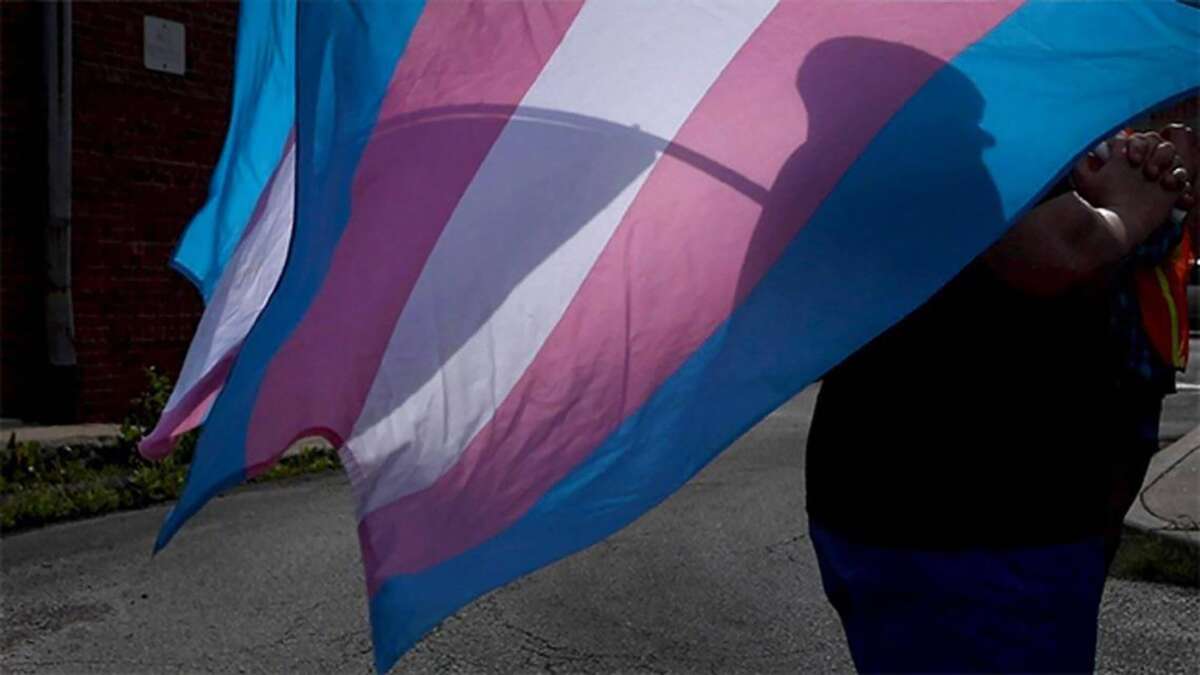Lifestyle
FBI Faces Pressure to Classify Trans Advocacy as Domestic Terrorism

On Thursday evening, independent journalist Ken Klippenstein reported that the FBI is in the process of developing methods to identify transgender individuals as potential “nihilistic violent extremists.” This alarming development was underscored just hours later when the Heritage Foundation released a four-page memo advocating for the FBI to categorize all transgender activism as “Trans Ideology-Inspired Violent Extremism” (TIVE). If implemented, this designation would create a new classification of domestic terror threat.
While the Heritage Foundation is not part of the federal government, its influence is considerable, especially following the Trump administration’s commitment to implementing Project 2025. This push for formal recognition of transgender advocacy as a form of extremism is not merely a theoretical concern but potentially a policy blueprint.
The memo outlines its definition of “Transgender Ideology-Inspired Violence and Extremism,” urging the FBI to adopt it as official doctrine. Under this definition, individuals who justify violence against opponents of “transgender ideology” would fall into this category. Furthermore, it extends to those who argue that the removal of transgender rights constitutes violence or an existential threat, effectively labeling nearly every transgender rights advocate as extremist for advocating against discriminatory laws.
The implications of this proposal are profound. The memo suggests that if the FBI accepts TIVE as a new category of domestic terrorism, it could employ extensive legal, intelligence, and law enforcement tools. This includes gathering intelligence on individuals who share similar ideological views to anticipate future threats. Techniques could involve human sources, network mapping, undercover operations, and data analysis targeting those identified as suspects.
This approach echoes historical precedents where surveillance tactics have been used against civil rights movements. Notable examples include the COINTELPRO operations from 1956 to 1971, which aimed to disrupt the civil rights movement and targeted figures such as Martin Luther King Jr. and Malcolm X. Similar methods have been directed at anti-war protesters and LGBTQ+ activists throughout the decades.
The memo emphasizes that the proposal would not classify “all transgender individuals” as domestic terrorists. Instead, it claims to apply only to those “motivated by an ideology that encourages, promotes, or condones violence.” However, the language used is notably broad. Given the earlier definition of TIVE, even routine advocacy, such as highlighting the dangers posed by anti-trans laws, could be interpreted as incitement.
This potential classification poses significant risks for transgender rights leaders and organizations, treating their advocacy as a threat to public safety. The document also cites a trans flag with the phrase “protect their right to exist” as a characteristic of supposed extremism, indicating the chilling effect such a designation could have on free speech and civil rights.
If enacted, this proposal could mirror actions taken by the Russian government, which began labeling NGOs that challenged “public order” as extremist in 2016, subsequently expanding this classification to include LGBTQ+ organizations. Such developments raise concerns about a similar trajectory in the United States.
In a related context, figures such as Donald Trump, Vice President JD Vance, and White House Deputy Chief of Staff Stephen Miller have suggested employing similar policies to dismantle nonprofits they accuse of “fomenting, facilitating, or engaging in violence,” targeting prominent philanthropic foundations like the Ford Foundation and Open Society.
It is crucial to clarify that this policy has not yet been officially adopted. Klippenstein’s reporting indicates that the FBI remains in the developmental phase, while the Heritage Foundation is actively advocating for the proposal, seeking support from its allies within the government.
The Heritage Foundation’s influence in the Trump administration is already evident, with many of its proposals from Project 2025 either implemented or progressing through the system. This reality transforms this threat from a mere possibility into a pressing concern.
Even if the proposal does not label every transgender person as a terrorist, it sets the groundwork for extensive surveillance, crackdowns, and disruptions reminiscent of some of America’s most troubling historical moments. The ramifications for civil rights and the safety of marginalized communities could be profound if such measures come to fruition.
-

 Science1 month ago
Science1 month agoNostradamus’ 2026 Predictions: Star Death and Dark Events Loom
-

 Technology2 months ago
Technology2 months agoOpenAI to Implement Age Verification for ChatGPT by December 2025
-

 Technology7 months ago
Technology7 months agoDiscover the Top 10 Calorie Counting Apps of 2025
-

 Health5 months ago
Health5 months agoBella Hadid Shares Health Update After Treatment for Lyme Disease
-

 Health5 months ago
Health5 months agoAnalysts Project Stronger Growth for Apple’s iPhone 17 Lineup
-

 Technology5 months ago
Technology5 months agoElectric Moto Influencer Surronster Arrested in Tijuana
-

 Science2 months ago
Science2 months agoBreakthroughs and Challenges Await Science in 2026
-

 Education5 months ago
Education5 months agoHarvard Secures Court Victory Over Federal Funding Cuts
-

 Health5 months ago
Health5 months agoErin Bates Shares Recovery Update Following Sepsis Complications
-

 Science4 months ago
Science4 months agoStarship V3 Set for 2026 Launch After Successful Final Test of Version 2
-

 Technology7 months ago
Technology7 months agoMeta Initiates $60B AI Data Center Expansion, Starting in Ohio
-

 Technology6 months ago
Technology6 months agoDiscover How to Reverse Image Search Using ChatGPT Effortlessly





















